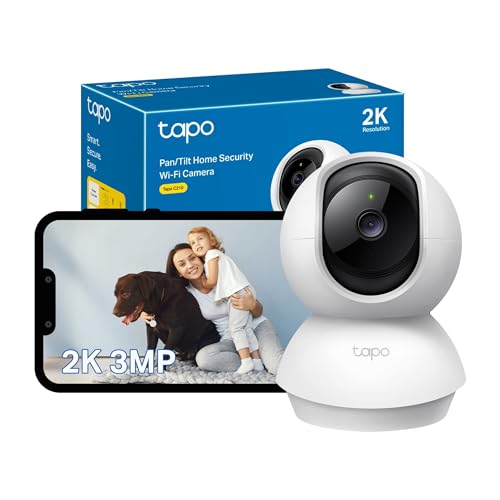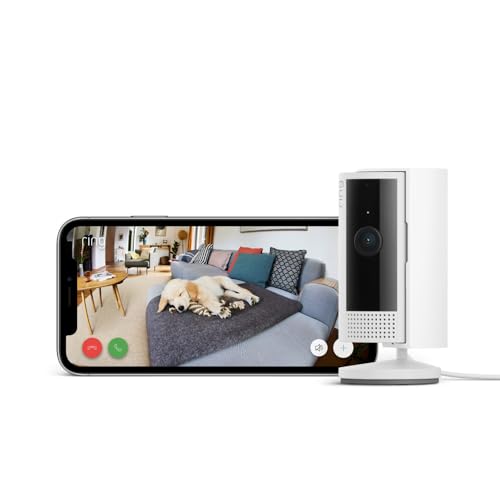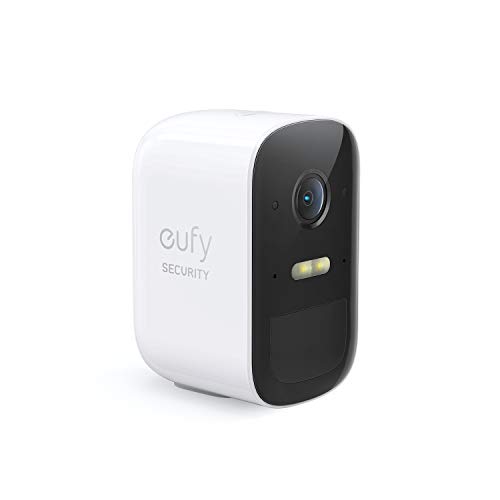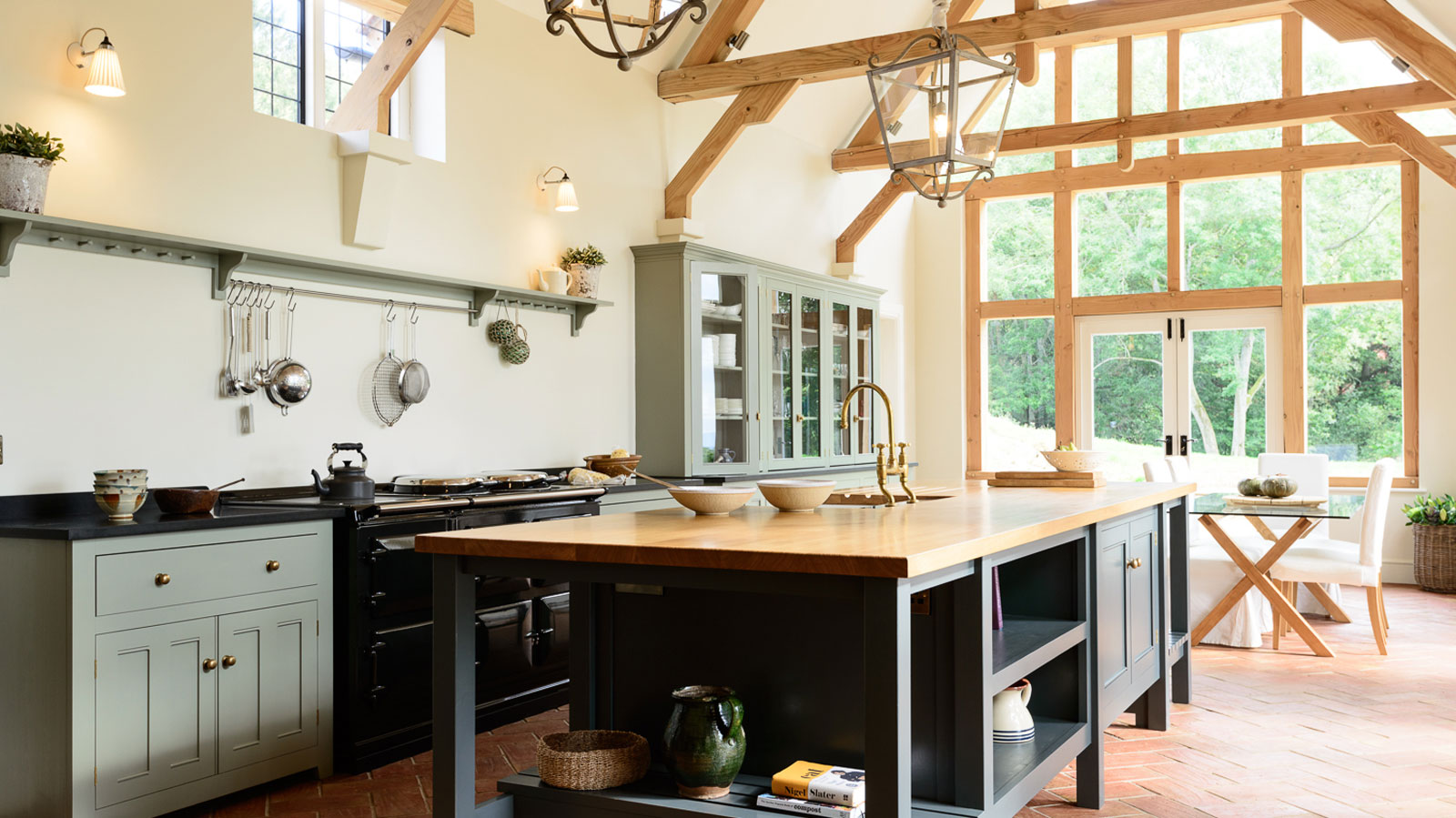Are home security cameras safe? What you need to know about the hazards
Discover the risks to privacy and security CCTV cameras can pose, and how to protect yourself and others
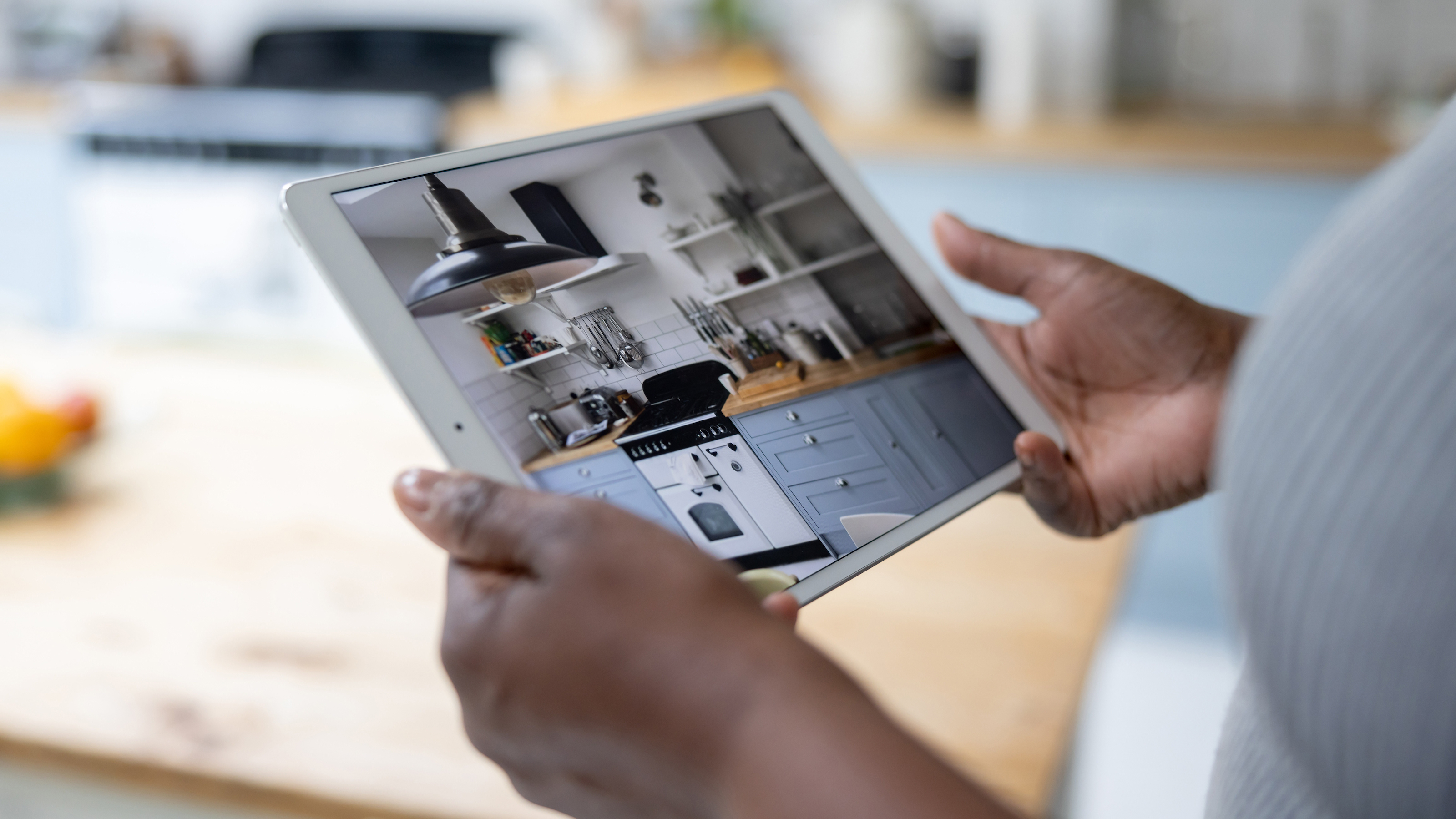
Bring your dream home to life with expert advice, how to guides and design inspiration. Sign up for our newsletter and get two free tickets to a Homebuilding & Renovating Show near you.
You are now subscribed
Your newsletter sign-up was successful
Whether you use them inside or outside your home, the question are home security cameras safe is one you should be asking. Hacking is a risk, compromising your privacy and security. And CCTV also has the potential to jeopardise the privacy of neighbours and passersby.
Home security systems can help deter burglars, while footage from cameras could provide evidence if the worst happens and a thief gains access to your home. But a downside of cameras is their potential vulnerability to cyber attacks. So, too, is the possibility of using them in ways that don’t respect privacy laws.
Here, we’re sharing what you need to know about the threats to both security and privacy that come with using home security cameras and the steps you should take to safeguard yourself and others.
Hacking risks
If you are going to use home security cameras, it is vital to be aware of the risk of hacking.
“Any device connected to the internet has the potential to be hacked if it’s not properly secured, and that includes your home security camera,” says Carlos Dhunay, security expert and owner of home security company Telcam.
“It’s important to understand that most camera hacks happen remotely and don’t require physical access to your property,” he explains. “All an attacker needs is an internet connection, the right tools, and a way to source or guess your login credentials. Once they’re in, they can potentially view footage, adjust settings, or disable alerts without your knowledge.”
While surveillance is a risk if your system is hacked, it is not the only one. “A hacker could map out the layout of your property, study daily routines, learn when the house is empty, and even identify where valuables are kept,” says Carlos. “In the wrong hands, that information could be passed on to criminals to help plan a burglary.”
Bring your dream home to life with expert advice, how to guides and design inspiration. Sign up for our newsletter and get two free tickets to a Homebuilding & Renovating Show near you.
And there are other disturbing possibilities. “If a camera includes audio or two-way talk features, a hacker could potentially use it to communicate with people inside the home; this is something that’s especially worrying if there are children or vulnerable individuals in the household,” he says.
“And the threat doesn't necessarily end with your cameras,” he adds. “If your system is part of a broader smart home network, a skilled hacker might attempt to move laterally, trying to access other connected devices like door locks, thermostats, or even personal data stored elsewhere.”
There are, however, steps you can take to make cameras safer. Find the details below.

Carlos Dhunay is a fully qualified electrician, and director of operations at Telcam, a company specialising in safety and security solutions for homes and businesses. With over 25 years of experience, he helps clients protect their properties using a blend of physical and smart technologies.
Data privacy concerns
Using home security cameras also requires an awareness of your obligations and responsibilities under home CCTV laws, including the UK General Data Protection Regulation (UK GDPR), the Data Protection Act (DPA) and the Human Rights Act. If you capture images or audio from beyond the boundary of your property, the individuals recorded have rights under data protection law.
This means that you should set cameras up so they don’t capture more than they need to. You must also delete the footage you capture regularly or automatically or both. It’s also important to let people know you are using cameras – usually this is achieved by putting up a sign. If someone objects to being recorded and there’s no reason for you to do so, you must also stop recording them.
As for interior security cameras, the Information Commissioner’s Office notes that if a camera only captures recordings inside a home, the UK GDPR generally won’t apply. What you need to bear in mind, however, is that if you are monitoring household employees or workers providing you with a commercial service on a routine or ongoing basis – for example a nanny – you do need to comply with the UK GDPR. In this circumstance, you’d need to tell the nanny about the camera(s) and their rights regarding access to footage.
Shop indoor home security cameras
Choosing a secure camera
When you’re purchasing a camera, there are some things you need to look out for to optimise security.
“First, check whether the system uses proper encryption, particularly end-to-end encryption,” says Carlos Dhunay. “This means your footage is scrambled at the source and can only be decrypted by your device, making it useless to anyone who intercepts it.
“Secondly, look at the wireless protocol it uses,” he says. “Older standards don’t provide strong protection, so make sure the device supports up-to-date and secure options. If the product doesn’t clearly list these specifications, that’s often a red flag."
You should also choose a system that offers two-factor authentication or biometric login, he advises. “These provide an extra layer of defence if your password is ever leaked or guessed.”
It’s also advisable to research the manufacturer’s track record. “Look at how they’ve handled security issues in the past,” says Carlos. “Are they transparent about updates, and do they respond quickly to vulnerabilities? Reputable brands will publish firmware updates regularly and provide clear instructions on securing your system.”
Where you buy security cameras also matters. “Always purchase from a trusted retailer; that helps avoid knockoff devices that might skip important security measures altogether,” Carlos says.
Set up and maintenance of cameras
You should both set up and maintain CCTV cameras in ways that maximise safety.
“When setting up security cameras, always change default user names and passwords immediately, and enable two-factor authentication where possible to reduce the risk of hacking,” says Anthony Neary, security expert at Safe.co.uk.
Over the long term? “Keep your camera’s software up to date, as manufacturers regularly release security updates,” he says.
Pay attention, too, to your phone or tablet. “Some vulnerabilities come from lost or unsecured devices,” says Carlos Dhunay. “If your phone or tablet is used to manage your cameras and isn’t protected by a passcode or biometric lock, anyone who gets access to your device could also get access to your security feed.”

Anthony Neary is the founder and security expert at home and business security retailers Safe.co.uk. With over 15 years of industry experience, he specialises in security solutions and how to keep properties safe.
The length of time brands support their smart cameras with security updates is also important to bear in mind. When your camera is no longer supported, it is advisable to swap to a model that is to avoid the risk of hacking.
Sarah is a freelance journalist and editor writing for websites, national newspapers, and magazines. She’s spent most of her journalistic career specialising in homes.
She loves testing the latest home appliances and products, and investigating the benefits, costs and practicalities of home improvement. She is an experienced renovator and is currently remodelling the ground floor of her new home.
She was Executive Editor of Ideal Home and has worked for Your Home and Homes & Ideas. Her work has published by numerous titles, including The Guardian, channel4.com, Houzz, Grand Designs, Homes & Gardens, House Beautiful, Homes & Antiques, Real Homes, The English Home, Period Living, Beautiful Kitchens, Good Homes and Country Homes & Interiors.
